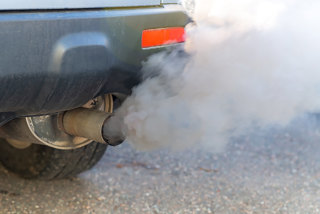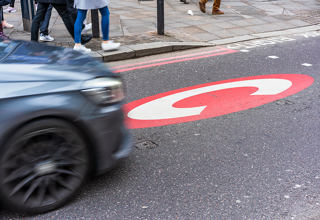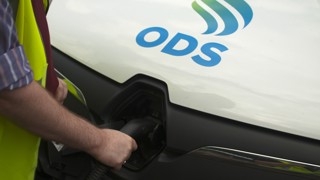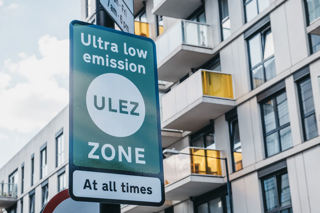Clean Air Zones are being delayed due to a Government system that has not been developed on time.
Leeds and Birmingham City councils have had to postpone the introduction of new Clean Air Zones, which are set to tackle air quality issues by charging older, more polluting, vehicles from entering certain parts of cities.
A vehicle checker tool, which is being delivered by the government’s Joint Air Quality Unit (JAQU), was expected to be ready by October 2019.
However JAQU (a joint unit between DfT and DEFRA) has now confirmed that the vehicle checker will not be available until at least December 2019 - leaving just weeks before the zones were due to come into force in January 2020.
Birmingham City Council has said the Clean Air Zone may be delayed until July 2020.
Councillor James Lewis, deputy leader for Leeds City Council, said: "It is extremely disappointing that Leeds has been forced to delay the introduction of one of the UK’s first Clean Air Zones because of the government’s failure to meet its own commitments to the two largest local authorities.
"Leeds City Council has worked incredibly hard to make sure that the Clean Air Zone would be delivered on time, successfully meeting a number of challenging deadlines set by the government. Many local businesses have similarly invested both time and money into ensuring their own preparedness for January.”
Councillor Waseem Zaffar, cabinet member for Transport and Environment at Birmingham City Council, said going ahead with the Clean Air Zone in January as planned, would be “completely unfair on residents, businesses and visitors to the city who would only have a matter of weeks, if not days, to make key choices about their travel behaviour or upgrade their vehicles. This is simply unacceptable.”
Additionally, the government is now expecting local authorities to deliver a system for collecting payments from non-compliant vehicles which enter the Clean Air Zone - having previously said that it would deliver this.
The original plans for Clean Air Zones in Birmingham and Leeds came after the government identified that parts of each city would likely fail legal air quality levels by 2020 and instructed both local authorities to tackle air pollution as soon as possible.
FTA’s head of UK policy, Christopher Snelling, said: "FTA has also been talking to the Government about these issues and agrees that the cities seem insufficiently prepared to have the necessary systems in place.
"You cannot start a regulation without a reliable way to comply with it in place and tested – there is simply too much chance that things launched at the very last minute will go wrong, leading to chaos for HGV and van operators serving these two major cities."
He continued: “Whether you support CAZs or not, we can all agree that regulations must have the systems in place to make them work.
"Leeds and Birmingham have done the right thing, indeed they are taking the only course of action available to them.
“Government needs to develop these systems asap and demonstrate they are reliable and accurate – only then should councils definitively commit to start dates for any Clean Air Zones.”
Air pollution has been identified by Public Health England as the largest environmental risk to public health in the UK. Evidence shows that it can cause or worsen a range of lung and heart conditions including asthma, chronic bronchitis, chronic heart disease and stroke.





















Login to comment
Comments
No comments have been made yet.